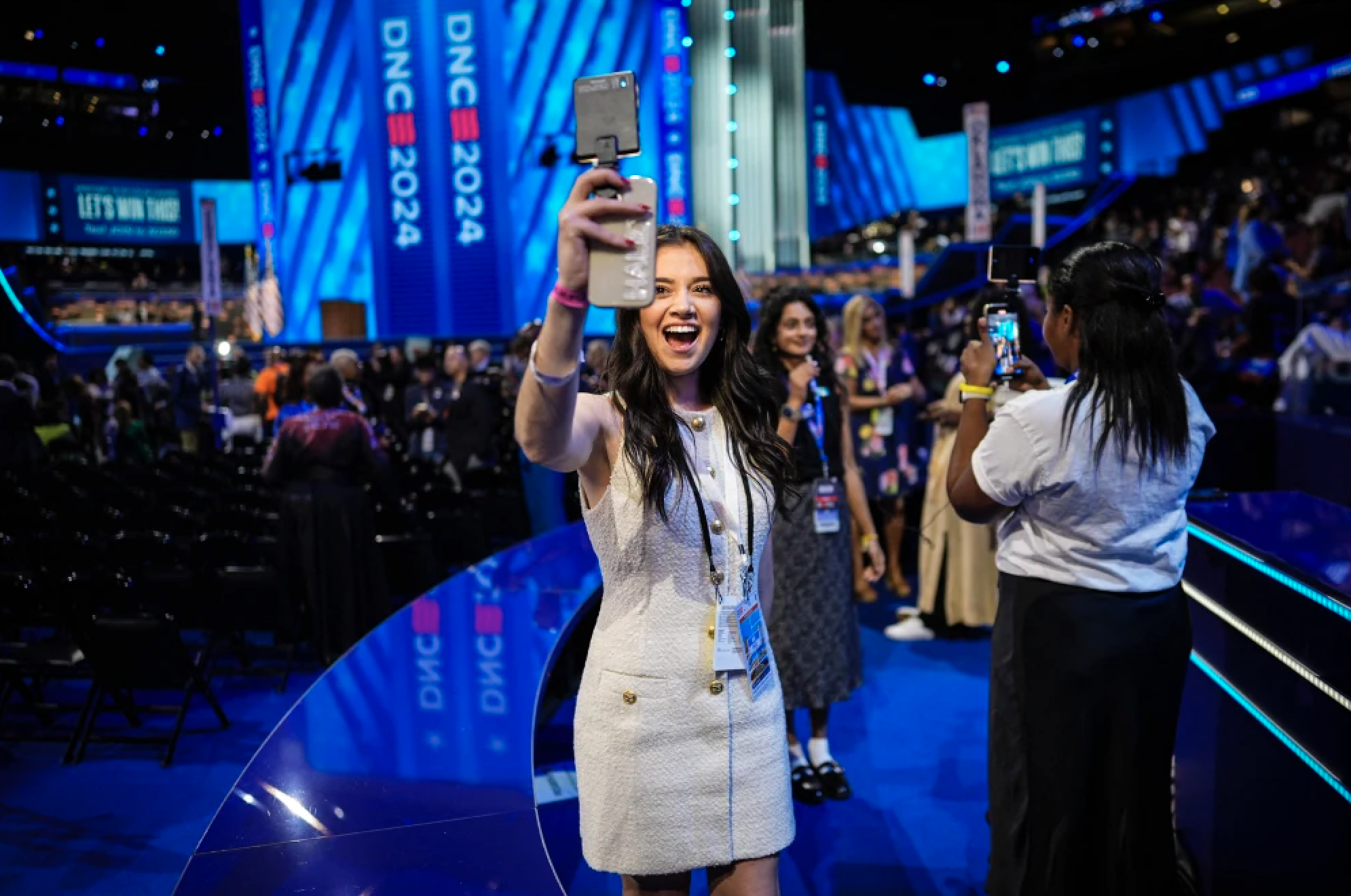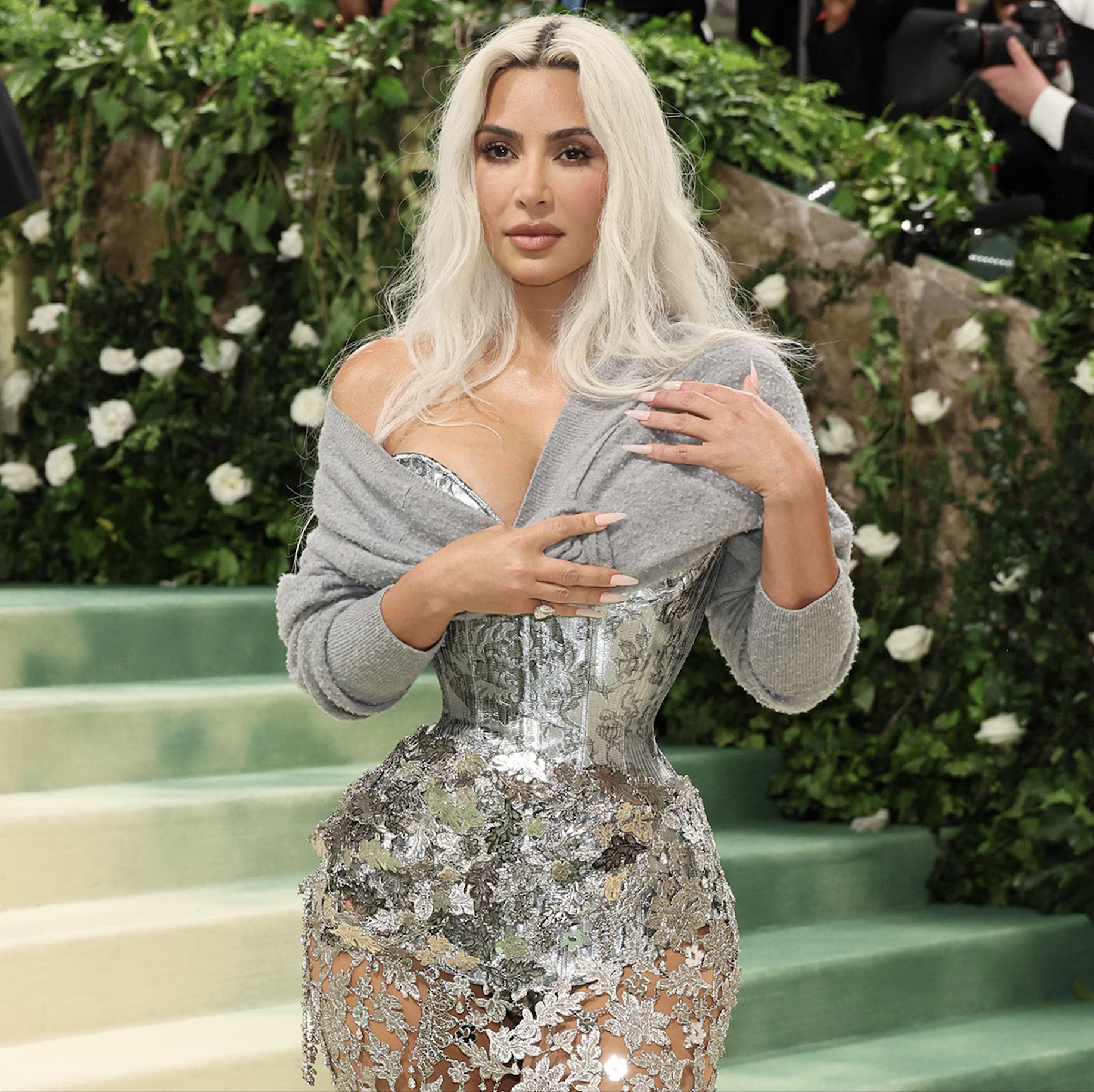A 2019 survey of over 3,000 children aged 8-12 in the US and UK by the world's largest toy company, LEGO, revealed that 30% wanted to become YouTubers, three times the number who dreamt of becoming astronauts.
In Thailand, a 2024 study showed that KOL and YouTuber were also among the top 10 dream careers for young people, ranking higher than lawyer or pilot.
Is a person with "many views" a KOL?
According to many experts, an influencer is understood to have a large following on social media platforms, where they can impact their followers' opinions based on their brand and lifestyle. Influencers sometimes don't need specific expertise or knowledge, but simply create bizarre, humorous, dramatic, attention-grabbing, or sensational content.
A KOL, on the other hand, is an expert in a specific field or profession. Their opinions are valued due to their experience, expertise, and the trust they've built with their audience. They can be thought leaders, professional content creators, or experts frequently mentioned in the press. A KOL's endorsement, reliability, and credibility can significantly influence public decisions.
The "KOL profession" is booming, estimated to become a $70 billion industry in the US by 2029.
 |
A KOL at the Democratic National Convention (DNC) in August 2024. Photo: NBC |
A KOL at the Democratic National Convention (DNC) in August 2024. Photo: NBC
The influence of KOLs
It's no coincidence that the 2024 US election was also called the "KOL election." In August 2024, according to TechPolicy, at least 200 KOLs with a combined 170 million followers across social media platforms flocked to Chicago to attend the Democratic National Convention (DNC).
Gen Z KOLs delivered impassioned speeches on the DNC stage. They were given the "red carpet treatment" with free flights, hotel rooms, bar parties, and yacht trips. A select few even interviewed Vice President Kamala Harris, who hadn't granted interviews to any journalists since launching her campaign.
The Democratic Party pledged $75 million to cultivate relationships with KOLs to promote their campaign on various platforms during the 2024 presidential election, according to TechPolicy.
Similarly, the Republican Party granted credentials to at least 70 KOLs and influencers for their convention in July of the previous year and organized a "behind-the-scenes tour" for 16 selected influencers.
In India, KOLs and social media influencers have emerged as "effective campaign tools," with political leaders appearing on popular YouTube channels.
The "KOL profession" attracts young people also because more and more Gen Z individuals are making substantial money from it. The current richest YouTuber, according to Celebrity, is Mr.Beast, whose channel boasts 424 million followers, the highest globally. Each month, YouTube advertising alone brings him $3-5.4 million. Currently, this 27-year-old KOL has a net worth of over $1 billion.
On 16/8, an 18-year-old Canadian female YouTuber and popular OnlyFans adult model caused a stir by boasting about earning $1 million in a few hours. She also publicly criticized "highly educated" women who work 8 hours a day for a few thousand dollars a month.
This kind of "gaffe" by KOLs and influencers doesn't just result in losing followers but can also lead to legal trouble.
 |
Almost every member of the Kim Kardashian family is a KOL, from her mother to her sisters. Photo: Instagram Kim Kardashian |
Almost every member of the Kim Kardashian family is a KOL, from her mother to her sisters. Photo: Instagram Kim Kardashian
Kim Kardashian, with 42.4 million followers on Instagram and 34 million on Twitter, is a prominent KOL paid to promote various products.
In 2021, Kim shared a digital currency "tip" on her Instagram page about a cryptocurrency token, Ethereum Max Token. Under US law, if someone is paid to advertise any product or service, they must label the post as a paid advertisement. Kim failed to do so. As a result, she was fined $1.26 million by the US Securities and Exchange Commission (SEC).
Earlier, in 2015, while pregnant with her second child, Kim posted an advertisement for morning sickness medication. This time, Kim labeled the advertisement as "paid partnership," but the US Food and Drug Administration (FDA) warned her of violating advertising rules by not mentioning important side effects.
The FDA mandates that brands must mention both the benefits and risks of medication, even if it's over-the-counter. Kim wasn't fined but had to delete the post.
Following Kim's footsteps, in 12/2022, a series of global A-list celebrities in sports, music, and fashion were also caught in an $11 billion lawsuit. They were accused of accepting payments from FTX to "encourage the public to blindly invest in fraudulent transactions" while, in reality, these stars hadn't invested a single cent in FTX.
Blindly accepting money to advertise products they don't use has led to bitter lessons for Korean and Chinese stars. In addition to fines, the strong "cancellation culture" in these Asian countries makes it impossible for KOLs to make a living if they become embroiled in scandal.
Money comes with responsibility
In early November 2022, China issued regulations banning all celebrities with "poor morals" from advertising anything, especially medical, educational, and financial products, including e-cigarettes and baby formula.
KOLs are required to use the product or service before advertising it. In cases of false advertising, KOLs, whether or not they are aware that the product is not as advertised, will be held jointly liable.
China also requires KOLs to mark their posts as paid advertisements so the public can be aware before making purchases or trying experiences. This is said to have significantly impacted KOLs' income, as many had previously blurred the lines between paid advertising and "providing unbiased personal experiences."
"The chaos in the advertising field has seriously infringed upon consumers' rights and interests, disrupted market order, and polluted the social atmosphere," stated the President of the China Advertising Association, adding that "people with status and influence should be cautious in their words and actions."
 |
Moon Bokhee, known as the "Korean eating goddess," was once embroiled in allegations of accepting advertising money without labeling her videos as commercial. Photo: YouTube Eat with Boki |
Moon Bokhee, known as the "Korean eating goddess," was once embroiled in allegations of accepting advertising money without labeling her videos as commercial. Photo: YouTube Eat with Boki
South Korea is also known as the "land of KOLs." According to a survey, half of the population purchases products based on KOL reviews, especially cosmetic advertisements.
As early as 2020, the Korea Fair Trade Commission (KFTC) amended the law to require influencers to label advertisements on their posts to avoid misleading consumers. Violating KOLs and businesses face fines of up to 2% of related sales and revenue or 500 million won (approximately 10 billion dong).
South Korea encourages KOLs to register their businesses, transforming individual activities into legally recognized entities. This helps the state manage taxes and provide better administrative support. KOLs also enhance their credibility and become eligible for official government sponsorship programs. The KOL profession is gradually being formalized.
In the US, according to Social Shepherd, in 2024, approximately 82.7% of marketers used KOLs in advertising campaigns.
The Federal Trade Commission (FTC) is the primary agency responsible for issuing guidelines for KOL activities. The core principles in the FTC's regulations are transparency and "truth in advertising." The FTC requires all KOLs to clearly disclose to their followers if a post, video, or statement contains advertising content.
The FTC issued its .101 Disclosure Guidelines in 2019, requiring KOL compliance, but enforcement and fines are largely limited to companies, not individual KOLs.
A 2020 study found that 75% of KOLs were ignoring these regulations, deliberately concealing advertising labels in their posts to hide profits and increase credibility with viewers.
Meanwhile, Europe is becoming increasingly strict with KOLs. France has established new laws, providing the first legal definition of an influencer. They are defined as individuals who "attract an audience through their reputation, for a fee."
This means regardless of whether a person has 300 or 3 million followers, as long as they receive money or gifts for advertising, the law considers them an "influencer."
Designated influencers must also comply with strict new rules, including the requirement for a formal written contract outlining payment terms and identifying all parties involved. They are prohibited from advertising certain products. KOLs in France must even specify which parts of their videos or photos in their posts have been edited with beauty filters or Photoshop.
This, according to authorities, is for the mental health of teenagers – a generation obsessed with the perfect appearance of social media personalities. However, in reality, this "perfect appearance" of KOLs is often edited with filters and Photoshop.
Fraudulent or non-compliant commercial activities can result in up to two years in prison and fines of up to 300,000 euros.
This regulation is believed to discourage French KOLs from continuing in the profession. Many of them claim to be "amateurs" with only a few thousand followers. The compensation received for a post is sometimes just a free product sample from the brand. Complying with the stringent regulations mentioned above can be more costly than the profits received. If they unintentionally break the law, even small fines can be a burden.
Laws for KOLs in Spain and Italy are generally similar to France's, but they only apply to content creators with significant "influence," specifically KOLs earning over 500,000 euros annually and having over 2 million followers.
The law is expected to make KOLs more responsible for their statements, as they will immediately be dropped by brands if they have to remove posts or face penalties.
Consumers will also benefit from the new regulations. Increased transparency will help build trust in KOLs and the brands they advertise.
Hai Thu (Wired, TechPolicy, Asia iPlaw, Tech Jury, Yonhap, Sina)












